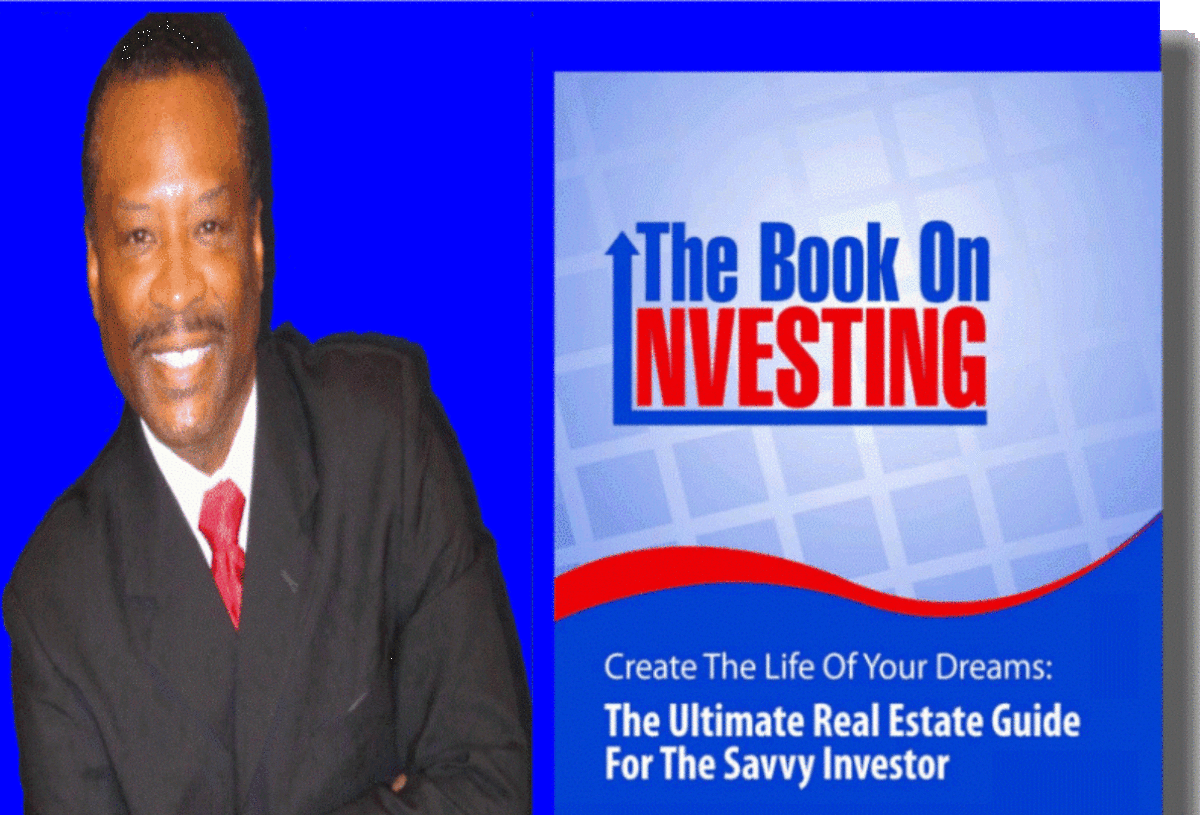As a real estate investor I have created a business dream team to help me achieve my goals. Now I teach real estate investors and other entrepreneurs how to do the same. My new program, “, “The Ultimate Guide to Building Your Business Dream Team™”, is designed to help real estate investors and other entrepreneurs learn how to focus on the things that they do best and delegate the rest. This program will help entrepreneurs be less transactional and more transformational.
In my book, “The Book On Investing™” , I write about how I am able to buy and sell properties, sight unseen, and make handsome profits. I am able to leverage the skills and expertise of my powerful business dream team to accomplish much more that I could do on my own.
Below is the process that I used to buy and sell my first real estate investment property.
Dream Team Member #1 – Marketing Person. This real estate deal was a property that was located 300 miles from where I live. A motivated seller contacted me after receiving info from my marketing firm. I contracted out to a marketing firm. That gave me the best return and response rate.
Dream Team Member #2– Real Estate Agent. I immediately put the house under contract. The contract was generated from my automated contract writing system. I then located a local Real Estate Agent. I added this Real Estate Agent to my business dream team to get comparable sales in that neighborhood. In addition, this Real Estate Agent continues to provide me with real estate investment leads.
Dream Team Member #3- Property Inspector. From the Real Estate Agent’s contacts, I was able to add a local property inspector and handyman. The inspector reviewed the house and provided me with repair estimates. This property inspector is now a trusted partner of my business dream team. I use him frequently to inspect and repair other houses.
Dream Team Member #4– Property Buyer- Through my property inspector I was introduced to another real estate investor who buys properties with cash. I was able to sell this property to this cash buyer. The cash buyer is now an integral part of my business dream team.
Dream Team Member #5– Closing Attorney. Through my contacts with the property buyer, I was able to make contact with a local Real Estate Settlement Attorney. This Attorney handled all of legal issue associated with the purchasing and selling of this property. The attorney handled the title search, escrow management, and all of the legal paper work.
Because of the work I put into building a team, the purchase and sale of this property went forward without a hitch. I used this experience to develop a blueprint for constructing a dynamic business dream team that can be adapted to any business.
To learn more about how I can help you build your business dream team to help you achieve your goals, visit “The Ultimate Guide to Building Your Business Dream Team™”. Sign up today and get your free report!


